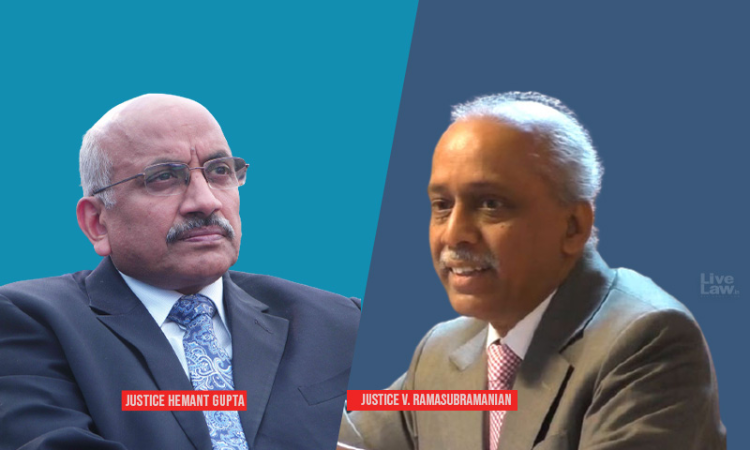Relief Of Possession Is Ancillary To Decree For Specific Performance And Need Not Be Specifically Claimed; Section 22(2) Specific Relief Act Is Directory : Supreme Court
LIVELAW NEWS NETWORK
21 April 2022 5:34 PM IST

Next Story
21 April 2022 5:34 PM IST
